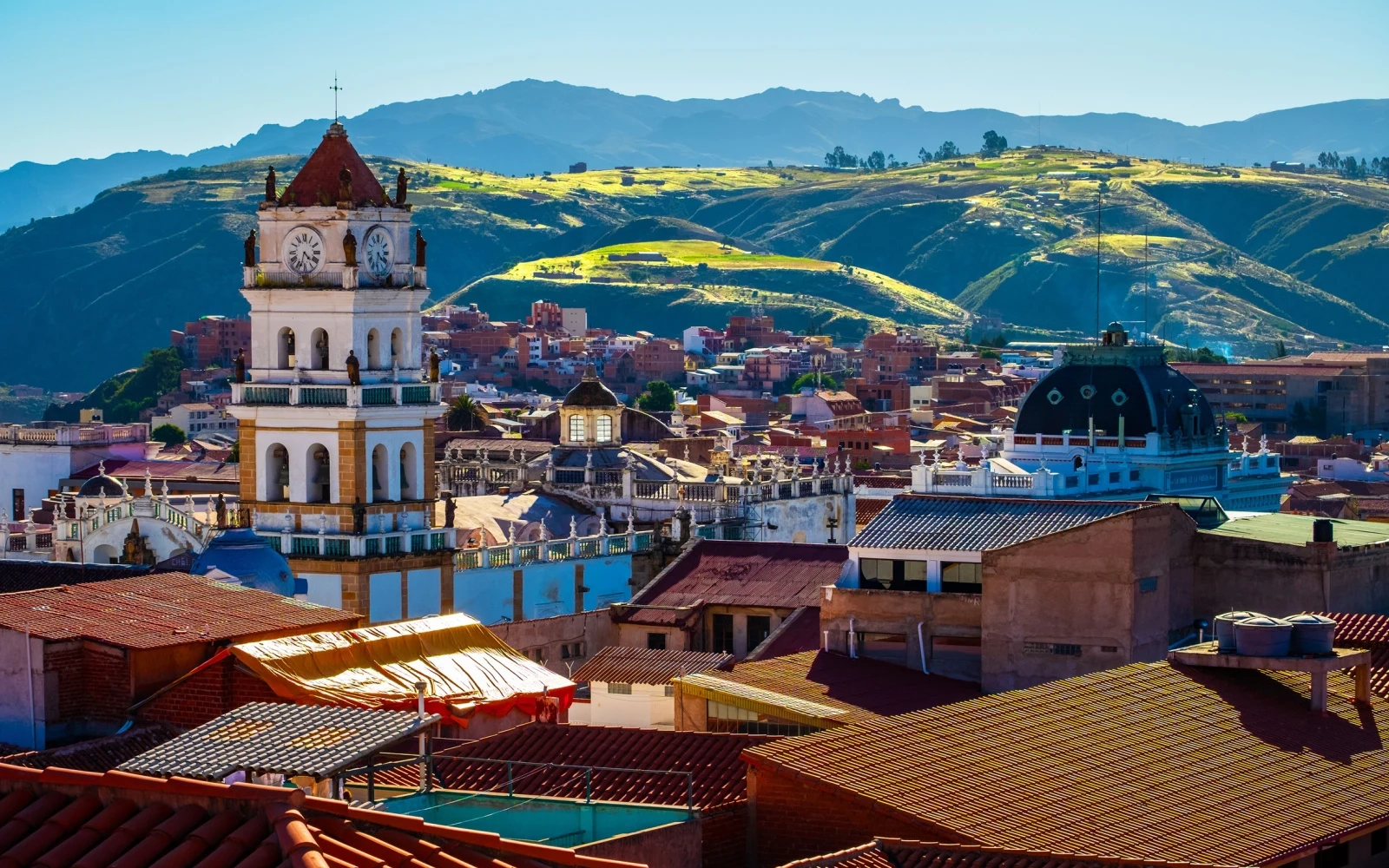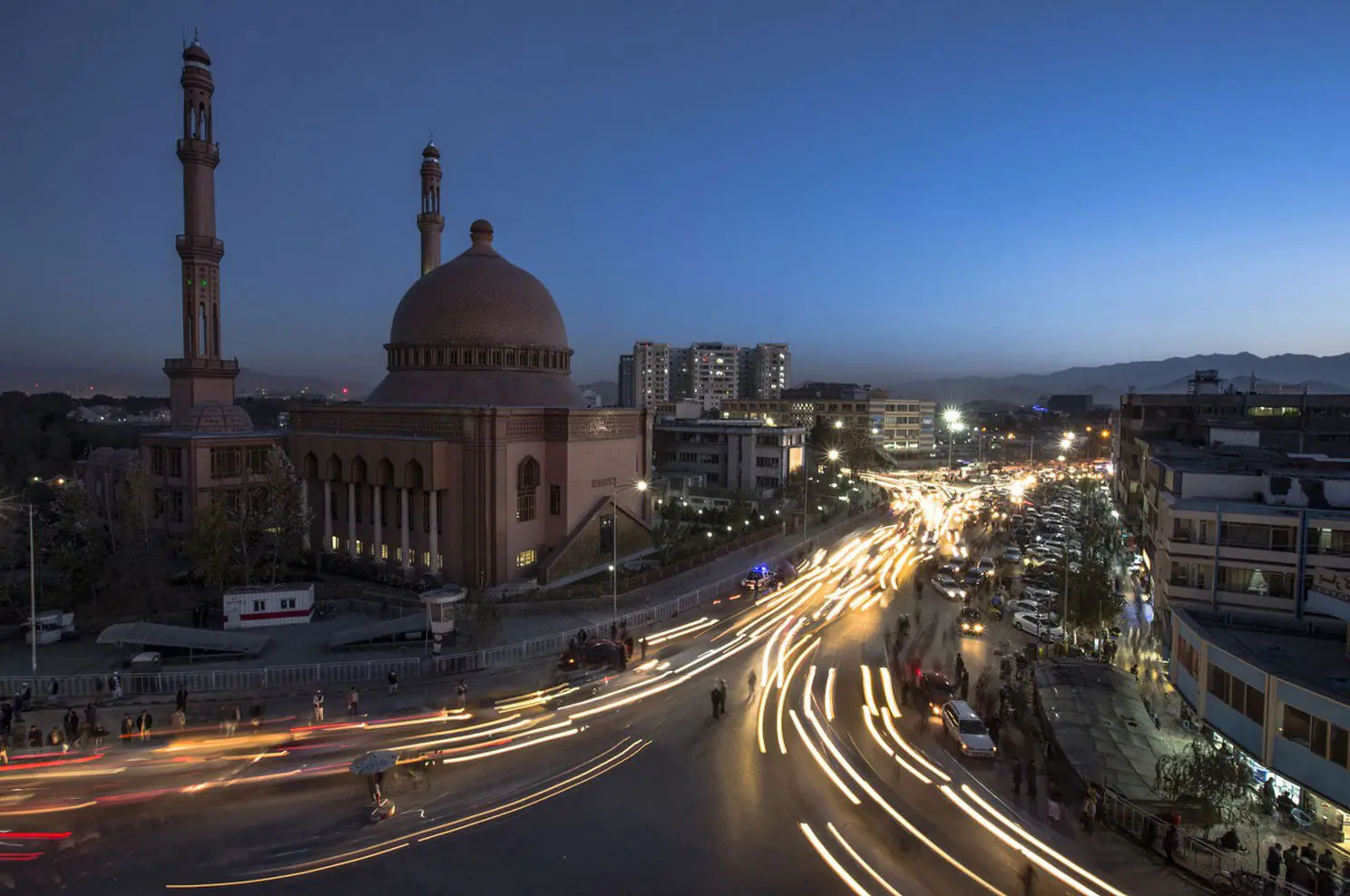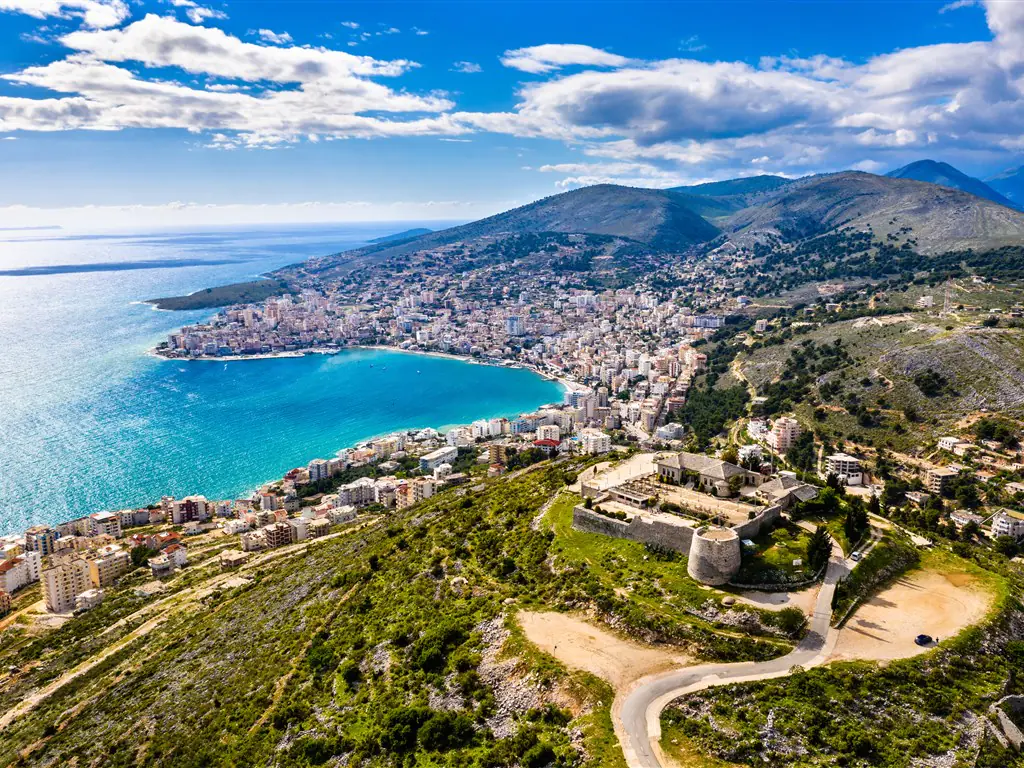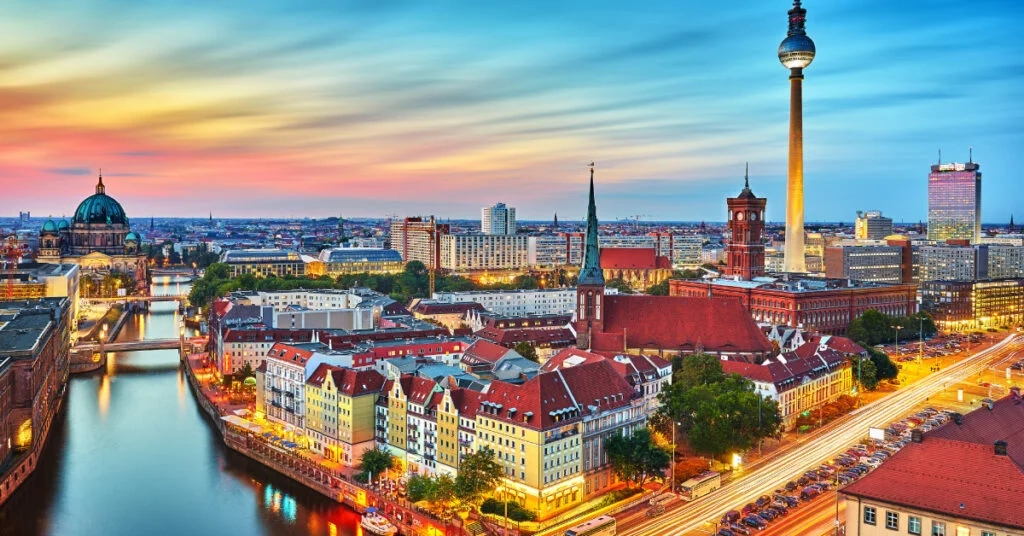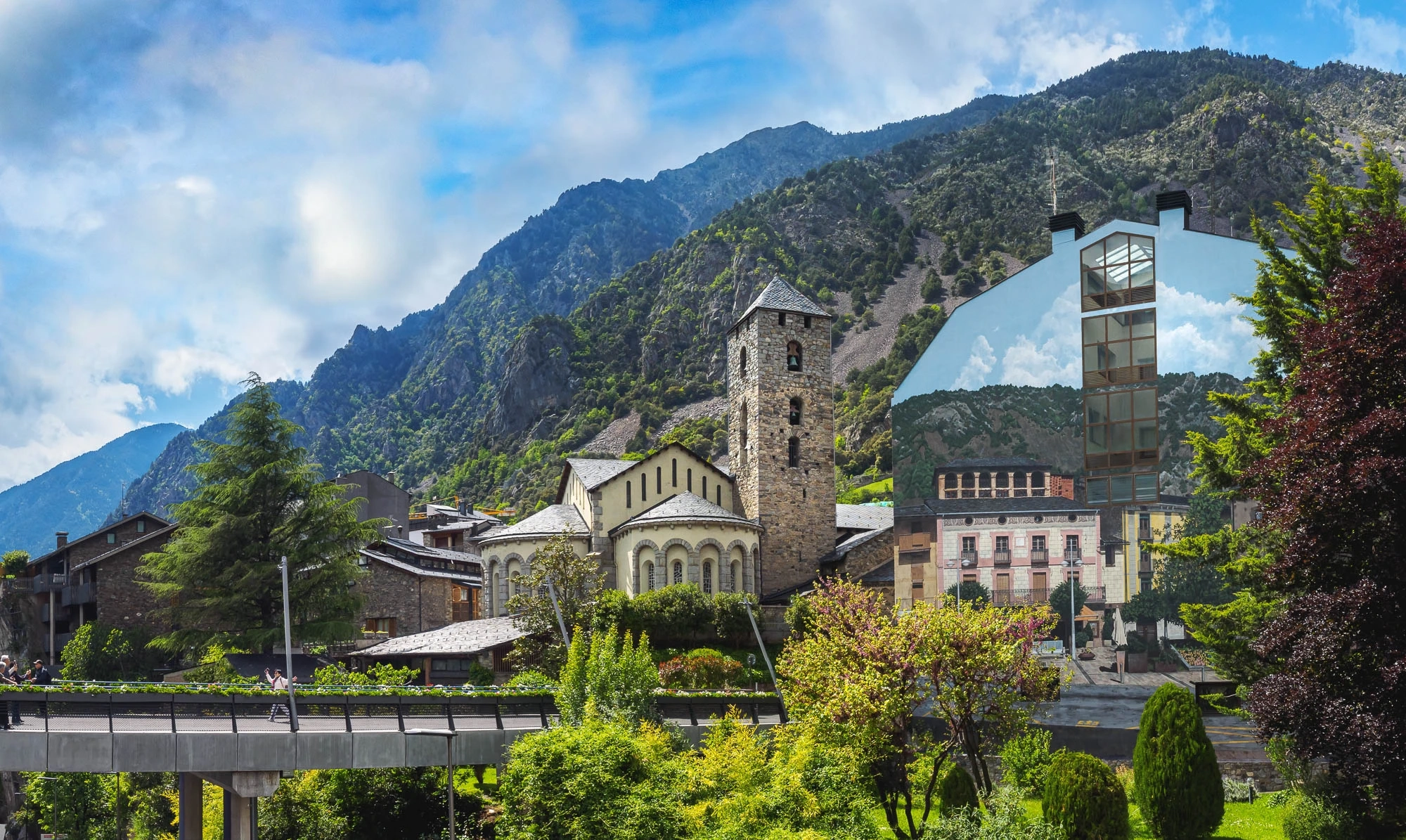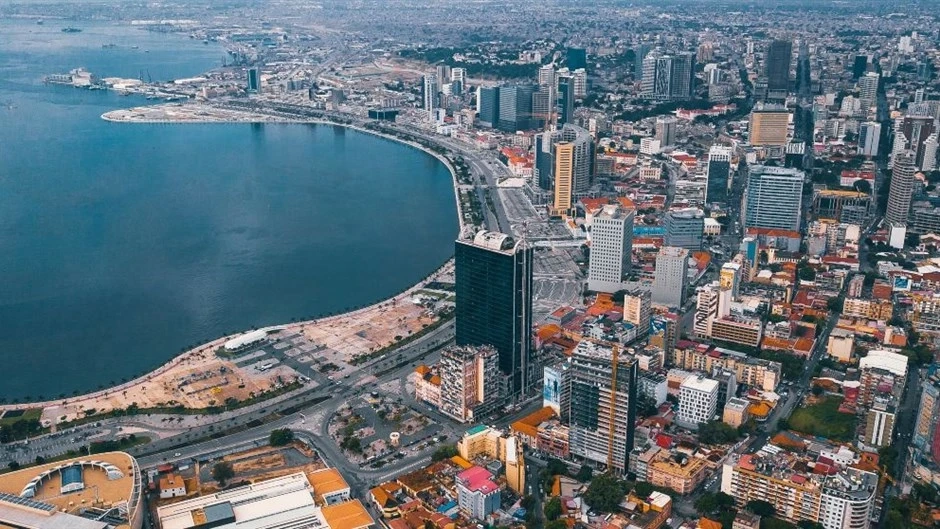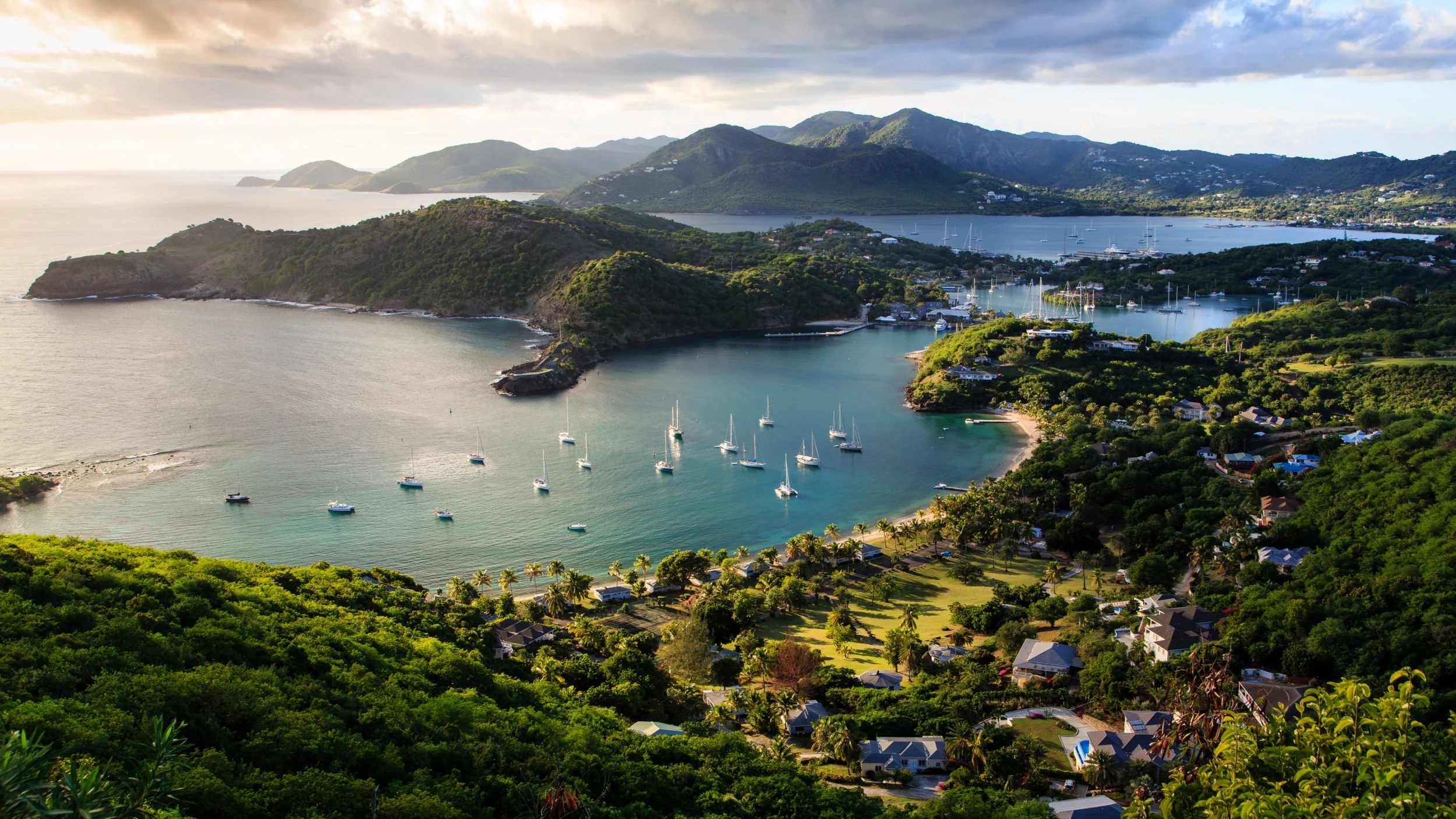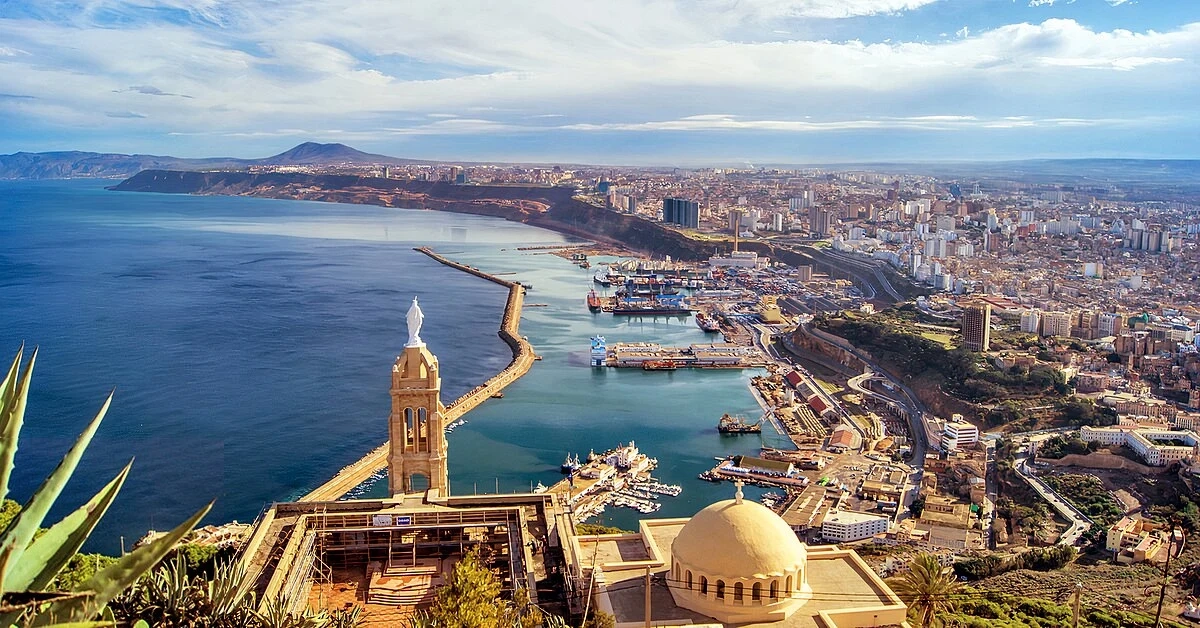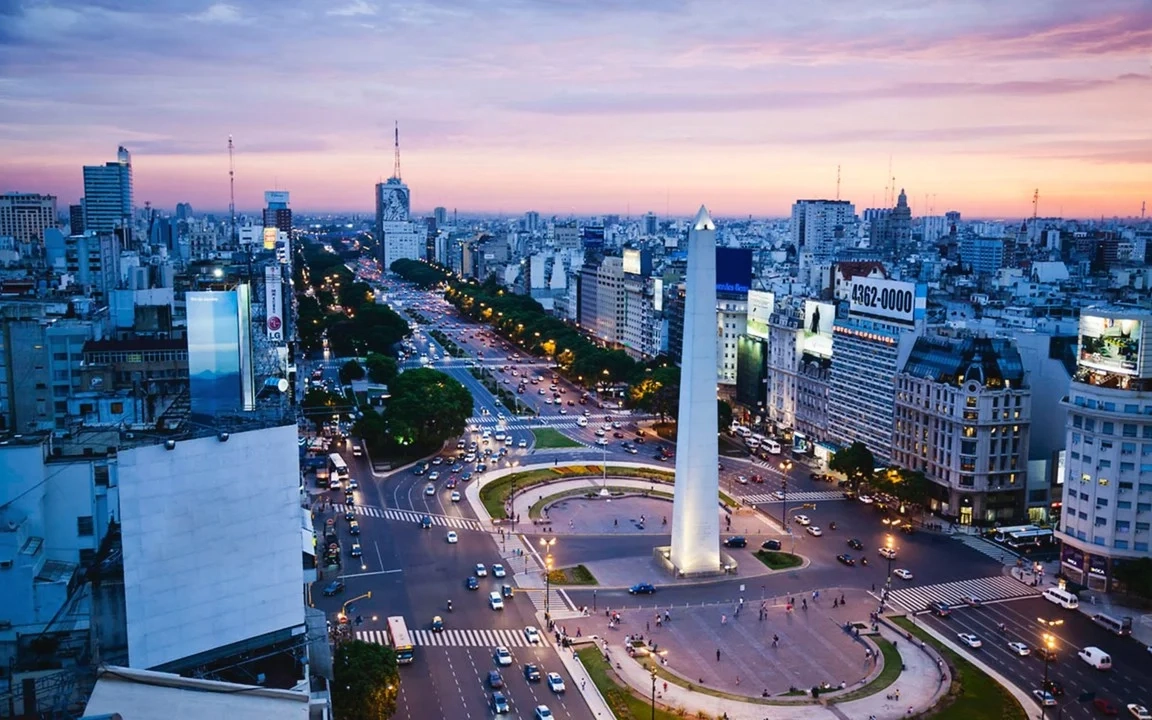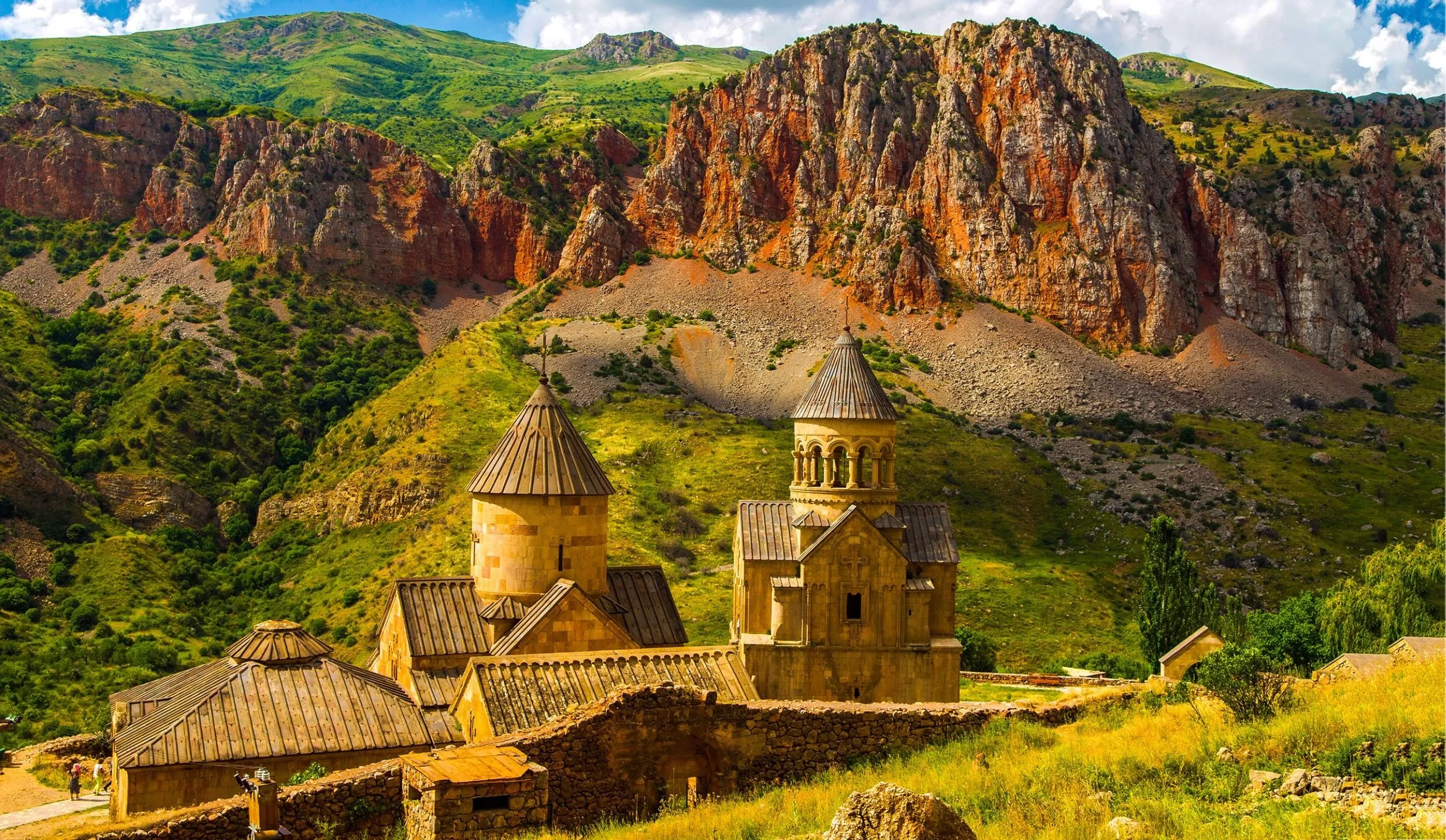1. Cost of Living: Bolivia is known for its relatively low cost of living compared to many other countries. Rent, food, and transportation expenses are generally affordable.
2. Housing: Rent is generally affordable, especially outside major cities. La Paz, Cochabamba, and Santa Cruz are popular cities with different living costs.
3. Healthcare: Healthcare services vary in quality across regions. While major cities have modern facilities, rural areas may have limited access. Expatriates often choose private healthcare, which is more expensive but offers better services.
4. Transportation: Public transportation, including buses and taxis, is widely available and inexpensive. Bolivia's diverse geography may influence transportation options in different regions.
5. Food: Bolivian cuisine is diverse, influenced by indigenous and Spanish flavors. Street food is popular and affordable. Expatriates may find a variety of fresh produce and local markets for grocery shopping.
The average cost of living in Bolivia can vary depending on factors such as location, lifestyle, and personal spending habits. Approximate monthly expenses for a single person in a mid-range scenario:
• Rent (1-bedroom apartment in city center): $250 - $400
• Utilities (electricity, heating, cooling, water, garbage, internet): $50 - $80
• Groceries: $150 - $200
• Transportation: $30 - $50
• Dining Out/Entertainment: $100 - $150
• Health Insurance: $50 - $100 (varies based on coverage and provider)
Pros:
• Cost of Living: Bolivia is known for its relatively low cost of living, making it an attractive destination for expatriates and retirees.
• Cultural Diversity: Bolivia is culturally diverse, with a rich mix of indigenous and mestizo traditions. This diversity is reflected in music, dance, and festivals.
• Natural Beauty: Bolivia boasts stunning landscapes, including the Andes Mountains, the Amazon Rainforest, and the Uyuni Salt Flats. Nature enthusiasts can explore diverse ecosystems.
• Cultural Heritage: The country has a deep historical and archaeological heritage, with sites like Tiwanaku and Potosí reflecting its indigenous and colonial history.
• Language Learning: Spanish is the official language, providing an opportunity for language learners to immerse themselves and improve their proficiency.
Cons:
• Economic Challenges: Bolivia faces economic challenges, and job opportunities, especially for expatriates, might be limited compared to more developed countries.
• Infrastructure: While major cities have modern amenities, rural areas may lack robust infrastructure, including healthcare and educational facilities.
• Altitude: Many cities in Bolivia, including La Paz, are situated at high altitudes. Altitude sickness can affect newcomers, and it may take time to acclimatize.
• Political Stability: Bolivia has experienced periods of political instability. Expatriates should stay informed about the political climate and any potential risks.
• Healthcare: While there are healthcare facilities, the quality and accessibility of medical services may vary. Expatriates may need to seek private healthcare options in some cases.
1. La Paz: La Paz is known for its vibrant culture, historical sites, and bustling markets. It's situated at a high altitude, offering breathtaking views of the surrounding mountains.
2. Sucre: Sucre is the constitutional capital and a UNESCO World Heritage site with well-preserved colonial architecture. It has a pleasant climate and is known for its relaxed atmosphere, making it a popular choice for retirees.
3. Santa Cruz de la Sierra: Santa Cruz is the country's largest city and a major economic hub.
4. Cochabamba: It's a cultural and economic center with a mix of colonial and contemporary architecture. Cochabamba offers a more relaxed lifestyle and is known for its gastronomy.
5. Tarija: Tarija is located in the southern part of Bolivia and is known for its wine production. It has a mild climate and a laid-back atmosphere, making it a charming destination.
- Language Proficiency:
While Spanish is the official language, having a good command of Spanish can enhance your communication and integration into Bolivian society.
- Financial Planning:
Ensure you have sufficient funds to support yourself during the initial period of your stay. Some visa categories may require proof of financial stability.
- Health Insurance:
Obtain health insurance that covers your medical expenses in Bolivia. This is often a requirement for certain visa categories.
- Job Opportunities:
If you are moving for employment, secure a job before arriving in Bolivia. Having a job offer can simplify the immigration process and provide stability.
- Local Customs and Culture:
Learn about Bolivian customs, traditions, and social norms. Understanding the local culture will help you integrate more smoothly into the community.
